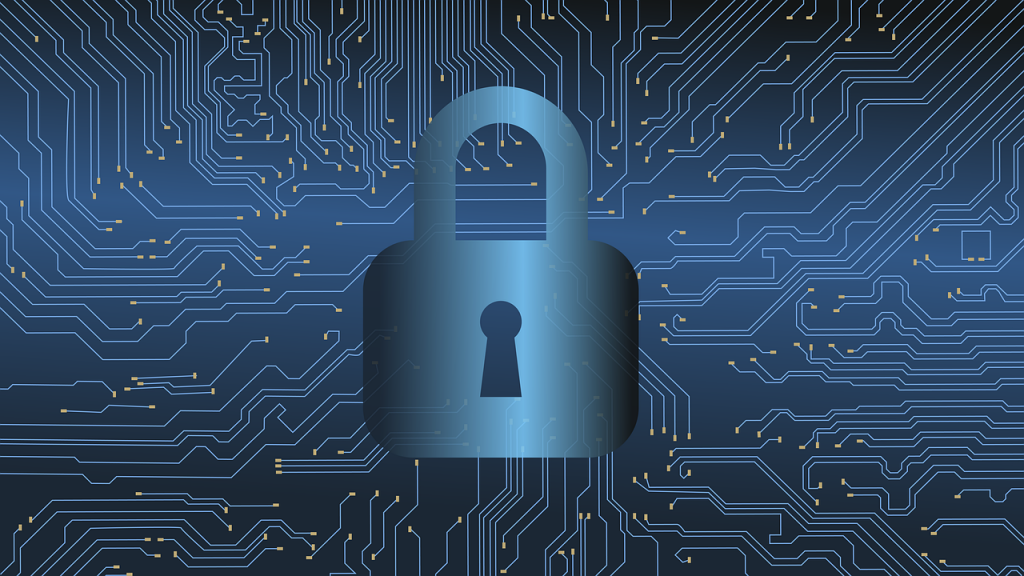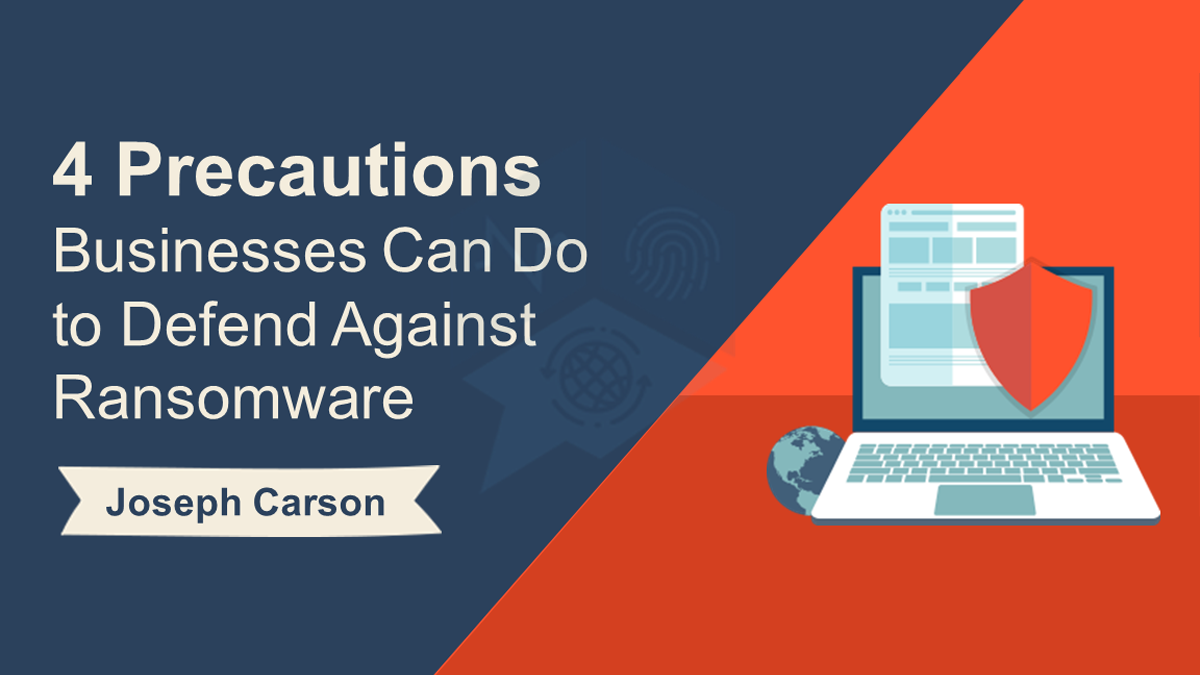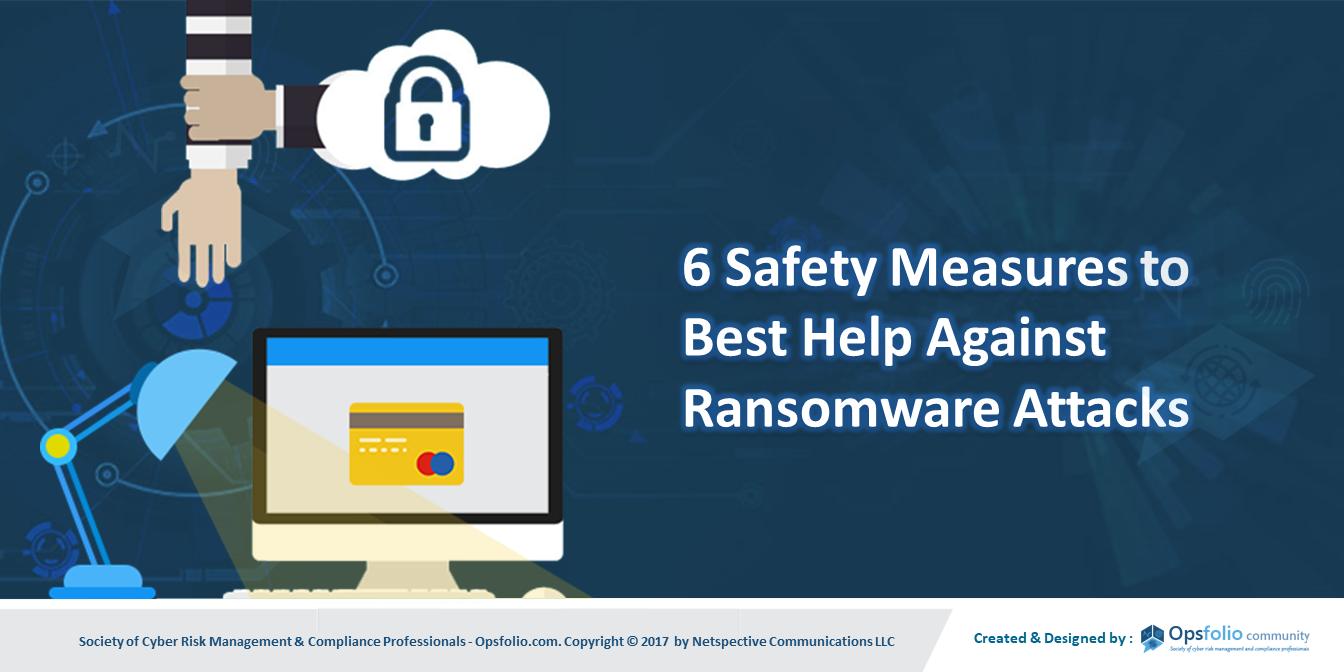· Opsfolio Community · cybersecurity · 3 min read
What A Cybersecurity Degree Teach You About Protecting Businesses Against Threats
Our computers are one of the most important pieces of kit we have these days, as our worlds are centered around technology.

Our computers are one of the most important pieces of kit we have these days, as our worlds are centered around technology. Without it, life can prove to be much more difficult than it usually can be, and roadblocks start presenting themselves much more quickly. This is especially true for businesses that can find themselves in troubling situations.
So, what happens when a virus attacks your computer and takes away this essential part of modern life? Well – quite a few things, actually. This piece will discuss what a cybersecurity degree can teach you about protecting businesses against threats and why that is important.
Read on to find out more.
1) Damage Computer Files
One of the most frustrating aspects of your computer obtaining a virus is that it can destroy the data that you need. This can be anything from photos, important work information, or other precious files.
A cybersecurity degree can teach you how to protect business files in the first place and what to do if damage has been done to them. If a business does find itself in this situation, you should be able to retrieve the files yourself, as a cybersecurity degree will teach you the ins and outs of recovering lost data and removing viruses or malware from different programs and digital items.
Businesses can really suffer when their files are corrupted or attacked, so while it is always essential to have a backup, it is also crucial that there are additional preventive measures and protection in place too. This is usually done by cyber security. If this is something you might be interested in as a career, then obtaining a BS in cybersecurity to help others keep their files and computers safe might be the best option for you.
2) Delete Computer Files
One step worse than an infected computer damaging your files is for the virus, malware, or any other unauthorized and intrusive programming to delete your computer files completely.
That being said, a cybersecurity degree can give you the tools you need to retrieve any deleted data as long as it has not been written over. Those with the degree should also be able to access hidden automatic backups and retrieve other information previously thought lost.
3) Corrupt and Reformat Hard Drive
The hard drive is the part of the computer that stores everything and allows the software to work. Without it, you are left with a shell that can do very little. Unfortunately, some viruses are targeted to do the most damage, which is usually when they head for the hard drive and the foundations of a computer.
A cybersecurity degree can give you the tools to not only prevent an attack from happening in the first place but can also allow you to get into the hard drive to spot any unusual activity and put protective codes in place to stop any further damage.
These are just a few of the ways in which an infection of your computer can impact its files and software and why it is best to have protection in place.





